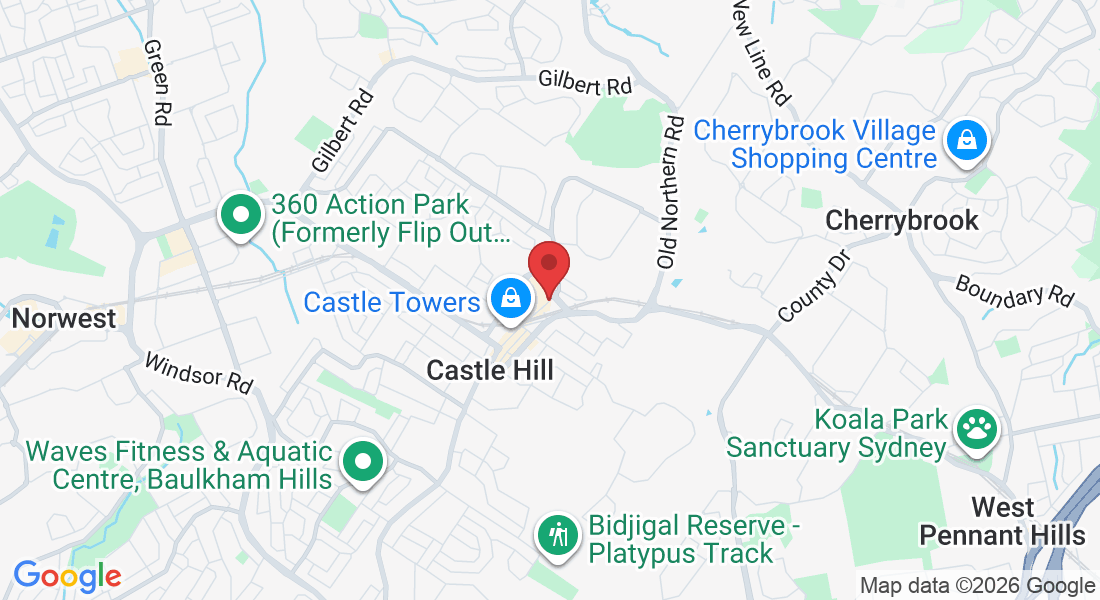Real teachers,
Real learning
WITH PASSIONATE TEACHERS WHO CARE
Why Learning Space Tutoring
Our Approach
The centre is run by real teachers.
The tutors are qualified, experienced, friendly school teachers who are in various points of their career.
The centre provides both private and small group sessions across many subjects offered at school at affordable prices. We offer tutoring for secondary students, from Year 5 to the HSC.
What We Offer
We offer your children the following or a combination of the following to tailor around the specific needs of high school students:
Small group sessions
Private one-to-one sessions
Private one-to-two sessions
HSC examination preparations
NAPLAN examination preparations
Access to practice examination papers and other resources
Support on programs of study habits
Our Mission
To develop every secondary student into an independent learner and to stimulate confidence in every academic area of school.
This is achieved by creating an academic environment where students can be challenged and inspired in their study with the assistance of real teachers.
Take advantage of this rare opportunity
Latest News & Resources
Helpful tips, resources and our popular 'Driving to School' video blogs.
Latest News & Resources
Parenting Simply is a great site full of resources for parenting.
Learning Space highly recommends it.
Click here to find out more.
For the Parents
If you want the best for your children, we have a common goal and together we can prove to the school system how brilliant your children really are. After all, every parent knows the potential of their children so it’s now time to give them the EDGE over their competition.
Experience Counts
Our experience has shown that different students learn in different ways. Some students learn well in private one-to-one sessions, others learn in small group sessions bouncing off other students. At
the Learning Space you are offered BOTH group and private sessions at affordable prices. All students have a unique program of study tailored to suit the needs of their learning.
Learning Space In Numbers

16
Years of
Excellence

1173
Enrolled since the school opened

16
Certified and Registered
Teachers who work currently in NSW Primary and Secondary Schools

100
%
Years of
Excellence

4.8
stars
Certified and Registered
Teachers who work currently in NSW Primary and Secondary Schools
Respect & Recognition
Learning Space is located on the lands of the Darug people.
Their spirits still walk among us. Spirits that have been here since the dreaming.
First Nation languages have been passed down from generation to generation.
To continue an unbroken culture, that has extended for thousands of years.
We honour our elders and the traditional custodians of Australia.
We seek to understand the continuing story of this ancient continent.
We uphold the right of Indigenous Australians
To live, preserve and pass on their culture, language, law and lore. We wish to walk together.
Learning Space
McMullen Chambers
Unit 13
10-12 Old Castle Hill Road
(entrance on McMullen Avenue)
Castle Hill NSW 2154

Contact
© 2021 by Learning Space Caste Hill Tutoring School

